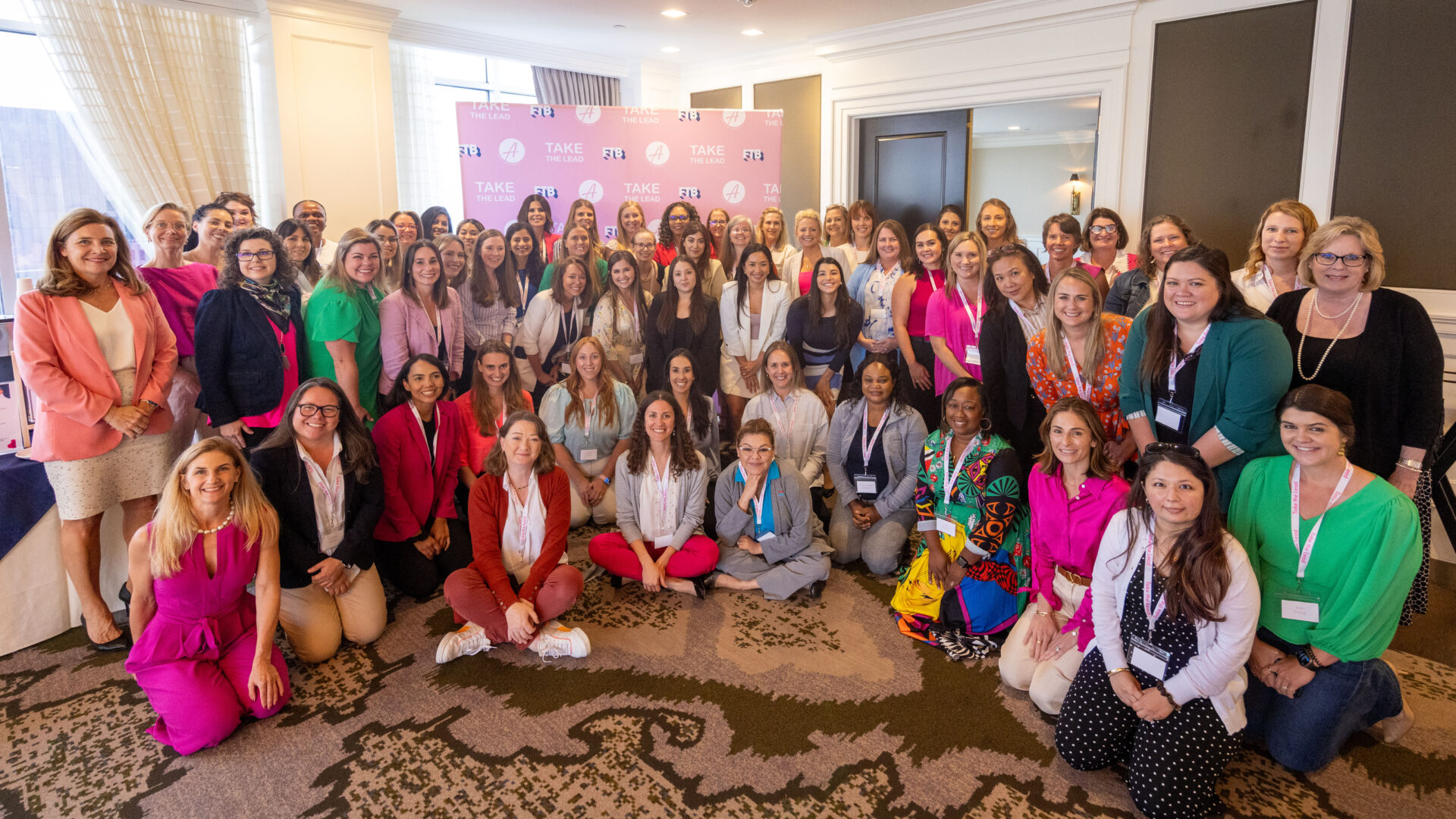My parents invested thousands of dollars in dance lessons for my sister and I growing up. When I try to dance to Single Ladies by Beyonce in the kitchen I can’t help but think that was money well spent.
Anyway…
One dance recital we had in high school, my team and I performed to a Grease hit. I remember being in love with the song, the choreography, and the costumes. I also remember my parents being in the audience with their mega-large camcorder. This performance, I decided, was going to be the one where I went ALL OUT. And I did. It felt awesome.
Flash forward to the next day when we watched the tape. I was SHOCKED! I was out of control, exaggerated in my moves, and I tried to own the show…not be a part of my team. To say I was embarrassed was an understatement. To this day, I’m surprised I didn’t hear my parents, or any parents around them, say “Oh my! What the heck’s wrong with that girl?” on the recording.
In my mind, I was a star. In reality, I was a spaz. That’s a pretty HUGE disconnect.
This experience has served as a touchstone for me throughout my life. How we see ourselves, and how we show up, can be two completely different experiences. That’s where self-awareness comes into play.
As an example:
- We can see ourselves as decisive and commanding, whereas others can see us as micromanaging and autocratic.
- We can see it as funny and gregarious, whereas others can see us as mean-spirited and over the top.
- We can see ourselves as uncreative and lacking originality, whereas others view our ideas as unique and innovative.
So…who’s right? To be honest, being “right” shouldn’t be the goal for any of us. The better goal is to be open to feedback on how others experience us and our leadership so we can have congruence between how we view ourselves and how others perceive us.
THAT’S SELF-AWARENESS.
It’s striving toward the truth about you.
I firmly believe that we all want to be our best. We want greater awareness of our strengths, weaknesses, and blind spots in an effort to continue to grow, develop, and express ourselves both authentically and more consistently with our intentions.
To gain greater self-awareness, here are a few tips:
- Ask key stakeholders to describe your top three strengths and top three areas where you’d like to improve (your partner, family members, or spouse can give you some feedback here, too … just be careful what you ask for!)
- When you’re presenting in meetings, or participating in group sessions, ask a trusted colleague to ask how you “show up” in that space – their in-the-moment feedback could serve as valuable insight.
- Conduct an informal 360-degree evaluation. Create a brief online survey where participants can provide anonymous feedback in regard to your strengths, development areas, and opportunities for you to contribute more.
Note: When you receive feedback and insight on yourself, the ONLY response to it all is “thank you.” You’ve been given a gift. Accept it with grace and dignity.
Here’s to continued growth and development!
All my best,









